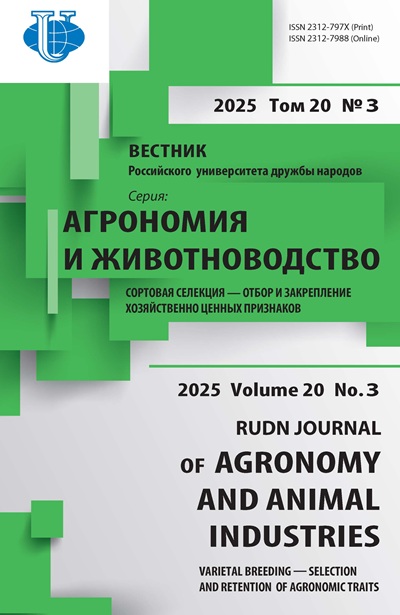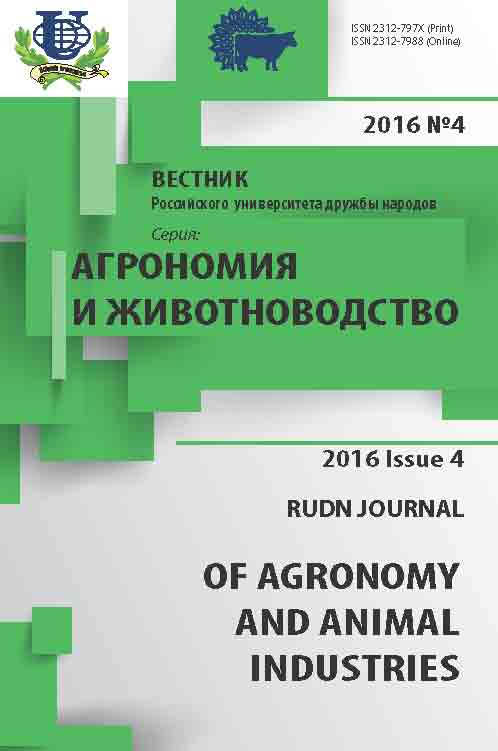Landscape Urbanism in the Center of Moscow: New Hybrid Models of Park Areas
- Authors: Zaykova EY.1
-
Affiliations:
- RUDN University
- Issue: No 4 (2016)
- Pages: 36-44
- Section: Articles
- URL: https://agrojournal.rudn.ru/agronomy/article/view/14987
- DOI: https://doi.org/10.22363/2312-797X-2016-4-36-44
- ID: 14987
Cite item
Full Text
Abstract
It is necessary to reconsider the role of natural areas and landscape approaches to improve the quality of urban environment for a sustainable development of modern cities. The development of city’s green infrastructure, what is integrated in “landscape urbanism” term, implies the restoration of environment natural components by expansion of urban boundaries or searching for reserved areas of “abandoned” landscape in a city structure [10]. Creating a new development strategy of natural environment territories, in terms of post-industrial reality and progressive urbanization is the part of city's spatial development that must be adapted and supplied carefully. It is necessary to search for new development models of urban space, where the landscape typology and nature features are the means of environment identity [13]. The rapid degradation of natural areas, as a result of “densification” of a city and building development in the largest cities of Russia, primary Moscow, was observed from the beggining of 90-ies of the 20th century. It has led to the disappearance of natural areas, what influenced an environmental stress strengthening in different parts of an urban space, especially in its center, and strong recreational pressure on park areas, that are the most popular within a city. For changing this situation and creating a new scenario for parks development in the center of Moscow, it is necessary to form new urban objects, both in the center and in the middle and peripheral parts of the city. Scenario of sustainable urban development at different urban levels includes innovative ideas for life harmonization, associated with the concept of “living” cities, sustainable urbanization, preservation of historical heritage and new building technologies [5].
About the authors
E Yu Zaykova
RUDN University
Email: lena_landscape21@mail.ru
Miklukho-Maklay str., 8/9, Moscow, Russia, 117198
References
Supplementary files















